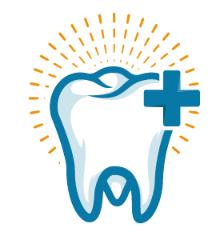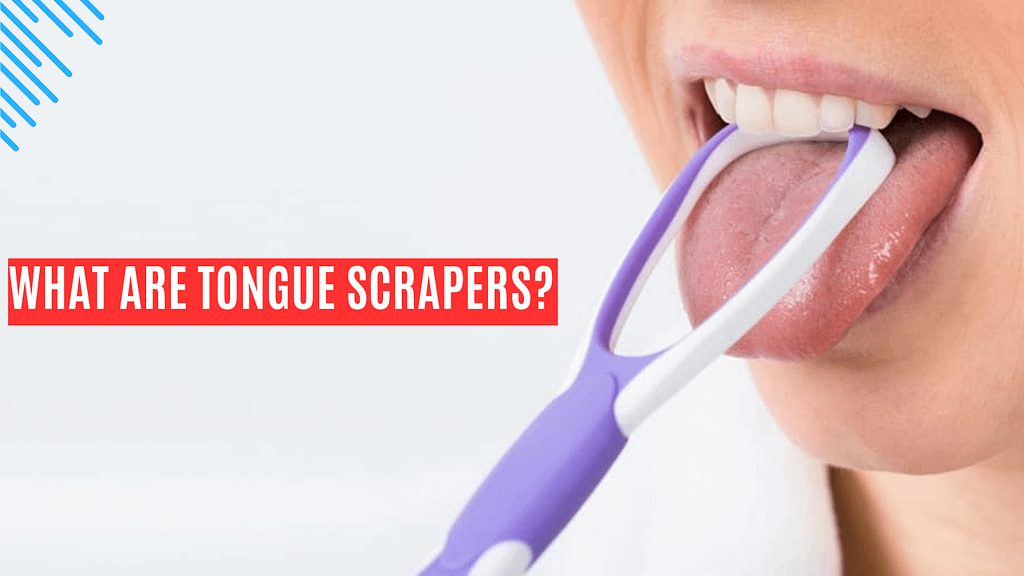As we all know, oral health is crucial to our overall health and well-being. Taking good care of dental hygiene pays off in the long run.
In this regard, tongue scrapers are of tremendous importance as they effectively remove all the debris and harmful bacteria from our mouths. Oral directions will provide a complete guide regarding the benefits of a tongue scraper, the correct way to use it to get optimal results, its potential side effects, and much more.
What are Tongue Scrapers?
Tongue scrapers are small tools usually made of plastic and used to clean the tongue thoroughly. They come in different sizes and shapes so that people can choose according to their age.
Tongue scrapers efficiently remove all the buildup and debris present on the surface of the tongue. It’s a rapid way to remove leftover particles from the tongue.
Incorporating the habit of using a tongue scraper decreases the chances of gum diseases and dental cavities. Dentists advise using tongue scrapers along with regular brushing and flossing.
8 Proven Benefits of Tongue Scrapers
Tongue scrapers are quite advantageous for maintaining oral hygiene as they remove all the debris and particles from the tongue’s surface. Here are eight benefits of the scrapers:
Here are eight proven benefits of using tongue scrapers and why one should use them:
-
Eliminates Bad Breath
Tongue scraping removes all kinds of leftover particles and debris accumulated on the tongue, reducing the bacterial load.
By lowering the number of harmful microbes, foul breath (halitosis)can be prevented. The mouth feels fresher for longer, and this boosts self-confidence all day.
-
Avoids Dental Cavities:
Besides playing a vital role in maintaining dental hygiene, tongue scrapers prevent dental cavities.
They decrease bacteria in the mouth that can cause more severe conditions like cavities and gum disease.
-
Enhanced Dental Hygiene
It facilitates the removal of bacteria, food particles, and plaque from the tongue, promoting oral hygiene.
-
Boost Immune System
By eliminating harmful bacteria from the mouth, tongue scrapers help to prevent the ingestion of these microbes.
Consequently, boosting the immune system to fight against infections.
-
Better Appearance of Tongue
Excess debris can accumulate and give the appearance of a coated white tongue. Scraping once a day can help eliminate this layer and keep it from returning.
-
Increases Sensitivity to Taste:
A tongue scraper can eliminate dead cells and leftover food particles, which sometimes inhibit the taste buds, enabling one to relish better flavors and feel more of the taste.
-
Supports Gut Health:
Toxins are not ingested from the mouth, leading to an improved ability to digest. By reducing bacterial load, tongue scraping can support gut health and promote a healthier digestive process.
-
Prevents Oral Infections:
Removing harmful bacteria from the tongue increases the risk of developing oral infections such as oral thrush and fungal and bacterial infections of the oral cavity.
These benefits undoubtedly show that tongue scraping has more positives than negatives.
Tongue Scraping: Usage Guide
It is essential to know how to scrape your tongue correctly to eliminate all the undesired accumulated material. Here is the complete guide to effectively use tongue scraper:
-
Right Tongue Scraper
Tongue cleaners can be made of plastic, stainless steel, or copper. Choose the one that suits you and is comfortable.
A tongue cleaner of stainless steel or copper is stronger and can thoroughly clean the tongue.
-
Best Time
It’s better to use the tongue scraper after brushing and flossing, either at the beginning or at the end of the day.
The best time to use a tongue scraper is in the morning, as it assists in getting rid of the excess leftovers that have been built up in the stomach.
-
Position Yourself in Front of the Mirror
Facing the mirror, open your mouth wide and stick your tongue out as much as possible. In this position, one can easily access the back region of the tongue as it is forward and within reach.
-
Start Tongue Scraping from the Back of the Tongue
Stick the tongue scraper towards the back of the tongue. Hold it as far back as is comfortable, and there should be a feeling of wanting to gag, but it is okay.
If you are new to scratching the tongue, begin slowly.
-
Continue Scraping from Back to Front
Tilt the tongue scraper from the back of the tongue towards the front and apply a smooth drag such that there is even pressure.
While reaching the edges, don’t hesitate to scrape across the surface instead of starting from the side and moving towards the papilla at the center of the tongue.
Repeat that scraping action twice to ensure no debris or whitish material is left on the tongue. Remember! Don’t apply too much pressure while using a tongue cleaner.
-
Clean Scraper after Use
Clean the scraping tool under running water to remove the accumulated substances after every stroke. You might also see some whitish or yellowish material on it, which you are trying to remove.
Rinse your mouth after the scraping to eliminate the remaining residues in your inner surfaces. Other people do this before using mouthwash since they feel it is cleaner.
Wash the tongue scraper after use with soap and running water and dry it well. If it is made of stainless steel or copper, one may disinfect it once in a while by submerging it in disinfectant or boiling it in water for a few minutes.
-
Proper Storage
Put the scraper up in a dry, hygienic environment. Please do not keep it in a place that may become wet inside to limit bacterial growth.
Side Effects of Tongue Scraper
Though tongue scraping is considered safe, a few adverse effects may be experienced if not performed correctly.
- Irritation of the tongue: When a person scrapes the tongue scraper with great force or maybe too much force is used during tongue dissection, there tends to be soreness, uncomfortable feelings, or cuts in some cases at times on the tongue.
- Gag reflex: A few individuals might gag during the procedure, especially when trying to scrape the back side of their tongues, which is sometimes regarded as penance. It is quite unpleasant and makes some people want to give up.
- Use overload: Too much and too frequent tongue scraping can damage the taste bud cells, making them hyper-sensitive and causing inflammation.
- Infection: Failure to appropriately and adequately clean the tongue scraper might be ‘impregnated” with bacteria, and oral infections might be contracted.
- Allergy: A few cases that are not quite common are those who develop a hypersensitivity towards the metal material, nickel, which may lead them to extreme allergies from maneuvers such as scraping the tongue.
To minimize these adverse effects, avoid excessive pressure, clean the scraper thoroughly after use, and do not scrape your tongue so often.
Other Tips
Follow the following tips to get the best results:
- For best results, scrape the tongue once, if not twice, the same day after brushing the teeth.
- Plastic tongue scrapers should be replaced every few months, and metal ones should be washed occasionally.
- If you experience any soreness or irritation after using a tongue scraper, discontinue using it for some time or reduce the frequency of usage.
- After every six months, schedule professional teeth cleaning at the dentist.
Take Away:
Dental health is of primary importance and should not be neglected at any cost. Regular flossing, tongue scraping, and brushing help maintain good dental hygiene.
Incorporating a tongue scraper into your everyday routine can remarkably enhance oral health.
Follow oral directions for more tips and information regarding dental health.
FAQs
Is it good to scrape the tongue?
Yes, it helps maintain dental hygiene, as it helps to remove debris, residue, and harmful bacteria from the mouth, minimizing the chances of infections and gum diseases.
Can I use my tongue scraper every day?
Yes, you can use a tongue scraper daily in the morning or at night. But it’s not the replacement of regular brushing or flossing.
Do dentists recommend tongue scraping?
Most dentists recommend using a tongue scraper daily after brushing and flossing, as it prevents gum infections and other oral diseases.
What are the side effects of tongue scrapers?
Side effects of tongue scraping include gag reflex, gum irritation, and soreness. There will be minimal side effects if the right pressure is applied while scraping.

